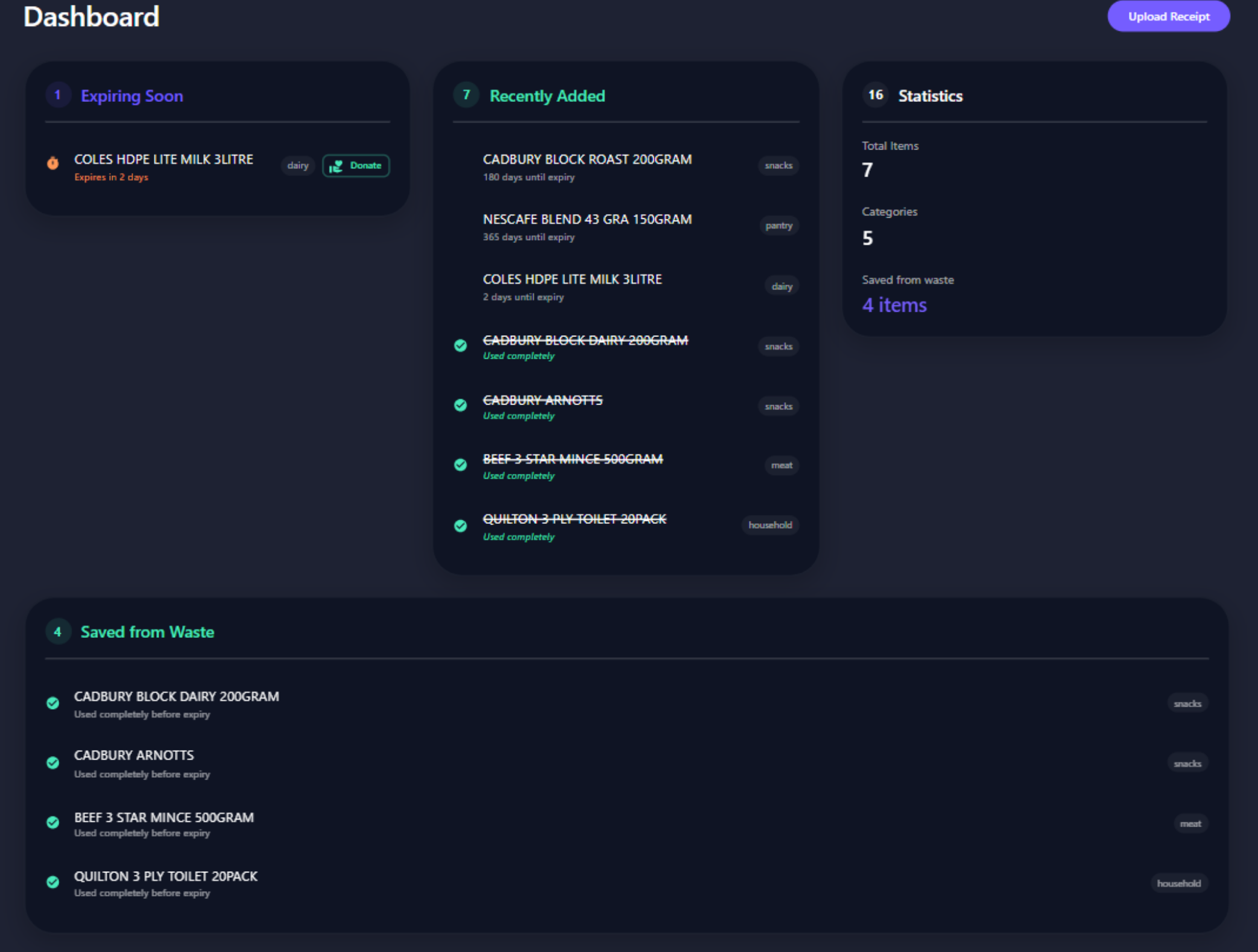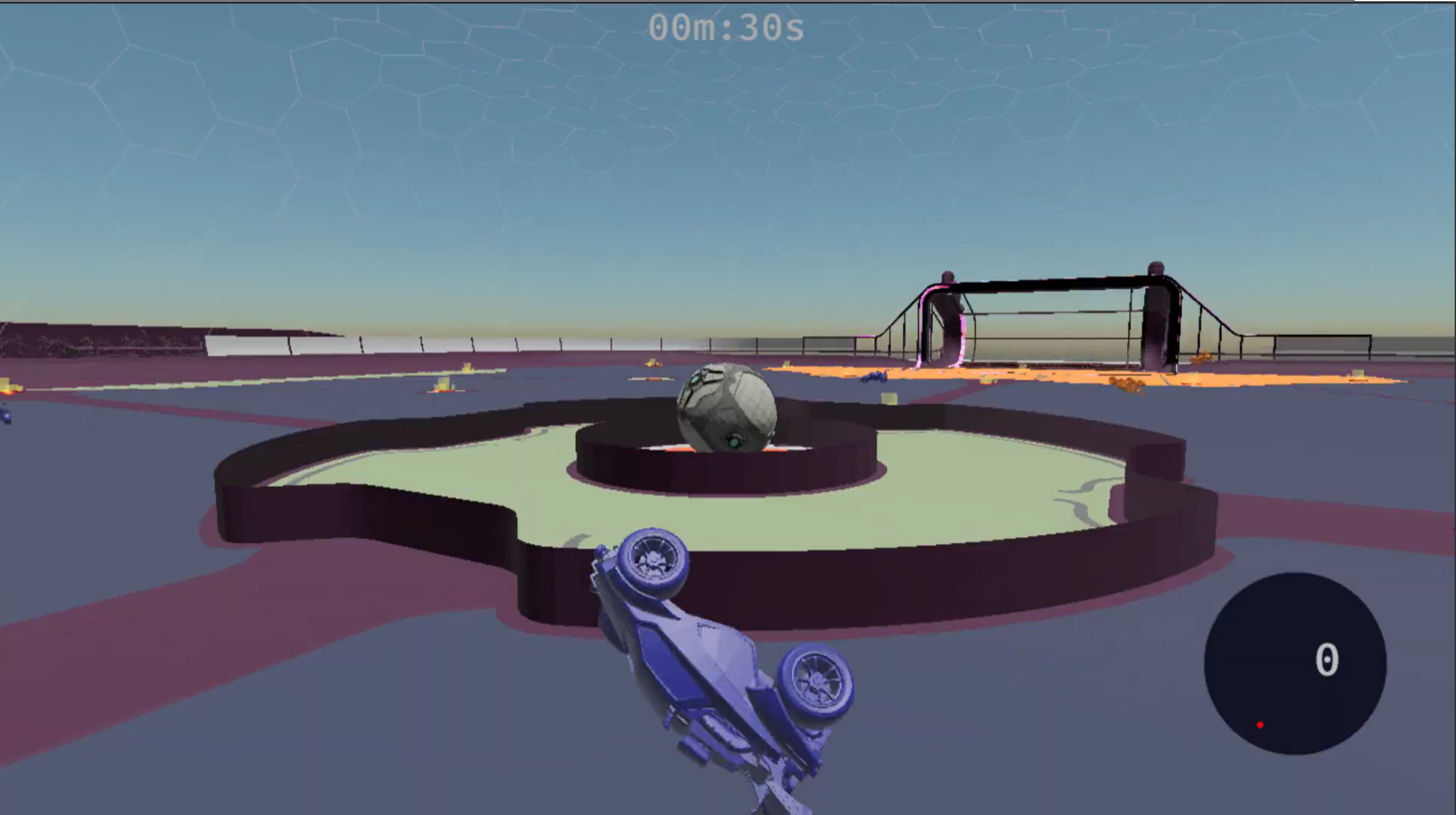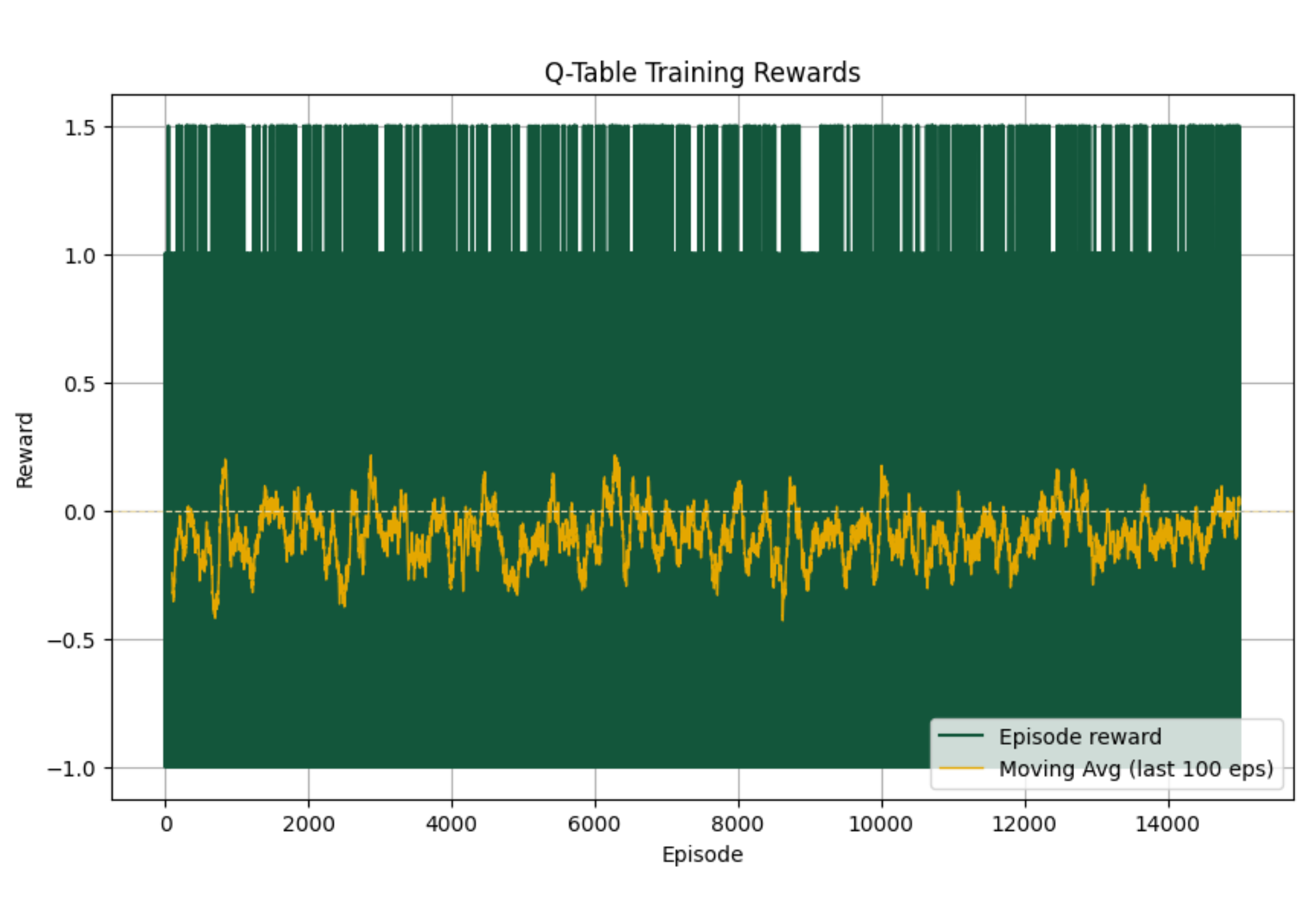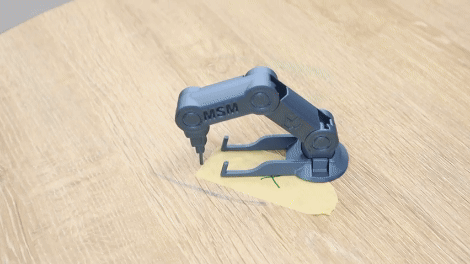MONASH DEEPNEURON
✦
MONASH DEEPNEURON ✦
Artificial Intelligence Projects.
Quantum AI
Quantum AI project investigates three quantum AI techniques: quantum convolutional neural networks (QCNNs), quantum generative adversarial networks (QGANs) and quantum prompting by developing their theoretical foundations, demonstrating and explaining how each works and continuing the pilot begun in Semester 1, 2025 to determine how quantum computing and quantum AI projects can continue at MDN.
Intelli-Harvest
Intelli-harvest is a crop recommendation system that helps farmers to choose the most appropriate crop to be planted in their farm that would most likely give them the best yield. This application harnesses the power of data driven decision making by leveraging the power of machine learning algorithms that learns from data to suggest the most appropriate crop through understanding the soil and environment conditions at a certain locale.
Shelfaware
ShelfAware’s mission is to empower households to reduce food waste by transforming everyday receipts into actionable insights using AI and OCR.
Our MVP sets the foundation, and now we aim to:
Help users track expiry dates and avoid wasting edible food
Enable direct food donation before items expire
Use AI to suggest smarter pantry habits and purchases
Provide users with visual feedback on their food usage and savings
Make sustainable living easy, habitual, and community driven
RL gaming
RL gaming aims to create Reinforcement Learning Agents (RL) that can play Tetris and Rocket League! We aim to further develop our agents to create an world-class level Tetris agent that can rival the best humans in the world, and to create a Rocket League agent that can hold its on against average players. Additionally, we aim to hone our RL techniques to branch into richer games, such as Pokemon (team-building + turn strategy) or Minecraft (open-ended tasks, resource planning). Furthermore, we want to push into other fields, such as making RL Agents for Quant/Finance, Operations, Energy, Science and many more!
Rummikub Simulation with RL
Rummikub RL aims to develop an agent that plays Hong Kong style Mahjong and determine optimal winning strategies: whether players should continue drawing tiles until winning naturally or declare victory when other players discard matching tiles. We aim to identify which strategy works best in different situations by analyzing the behaviour of the agent and potentially analyze the odds using a mathematical approach.
Sign App
Coming Soon
Legacy Projects




















